The following is a general list of categories that the SBA refers to in assessing the obligor’s ability to pay:a. Forced sale equivalent (liquidation value).(1) The basis for this value is normally the amount recoverable from the sale of the assets within a limited period of time (auction type sale). Also to be considered, is the time and expense needed for the SBA to gain control of the asset. But generally speaking, the SBA considers the following assets: Real Property (Commercial), (Residential), (Unimproved Land); Business Assets: (Machinery/Equipment), (Accounts Receivable/Inventory), (Furniture/Fixtures), (Leasehold Improvements).(2) The Claims Collection Act and the GAO standard provide that consideration be given to the time and monies involved with enforced collection to establish a discounted forced sales figure. The forced sale equivalent value needs to be adjusted for the following types of expenses: Court costs, filing fees; (a) Prior liens, taxes, assessments; (b) Costs of sale (auctioneer’s fees, advertising, lotting, and clean up costs); (c) Time of SBA employees (financial, legal, clerical, and administrative); (d) U.S. Attorney costs (professional, administrative, out of pocket); (e) Possibility of protested litigation or of bankruptcy and related expenses; (f) Time mandated by State redemption periods and the cost (depreciation, vandalism, insurance risks) that may result from such delays; (g) Care and protection expenses pending resale; (h) Extraordinary expenses of eviction, repairs to property, vandalism; (i) Costs necessary to bring property to marketable condition; (j) Transportation/travel costs; and (k) Discount reflecting the present value of future net recovery.b. Non-reachable assets and income.There may be items which are utilizable to the obligor(s) and have substantial value but are beyond the reach of the Government. The facts of the situation should enter into the Agency’s assessment of the obligor’s good faith.c. Jointly owned property.Special problems are encountered when the obligor shares ownership with another of an asset. This, by itself, is not sufficient reason to disregard the asset as having no value. The situation must be closely examined to determine (even to the extent of hiring appraisers and consultants) if the potential value of the property warrants further action.d. Individual asset valuations.Each worthwhile asset owned by the obligor needs to be assessed. Estimating the values of these assets is not an exact science but the SBA utilizes a uniformity of approach.(1) Cash.The SBA will only be concerned with cash in amounts substantially in excess of basic living expenses as determined from the SBA 770. Special accounts (IRA’s, Keoghs, trust accounts) should be valued net of early withdrawal penalties and other costs.(2) Cash surrender value (CSV) of life insurance.The SBA will determine the net amount receivable under the terms of the policy. Loans outstanding and other costs may also have to be subtracted out. The policy must often be surrendered in order to receive the CSV. The loan value should be used for analysis if surrendering the policy would leave the family with inadequate protection. This approach is to be used even if the Agency is acknowledged as assignee in the insurance company’s home office.(3) Accounts/notes receivable.The size, age, and collectibility of these assets will be examined to determine their worth. Typically they have little forced sale value. Ordinarily, the SBA will consider only large receivables with such attention.(4) Furniture, fixtures, and other personal effects.The SBA’s policy regarding this class of assets is that they are normally not worth very much. Efforts spent in other areas will yield much better results. The SBA will assign a nominal value to the contents of a modest home for compromise situations. If such assets are subject to an SBA lien, the lien may be realized for nominal value or the assets may be abandoned if no such release is possible.(5) Jewelry, paintings, antiques, and collections.When items in these categories have been assigned substantial value, the SBA will give them special attention. Outside sources may have to be utilized to determine meaningful values on these specialty items.(6) Automobiles.Automobiles generally have a ready market and various published books give a handy reference as to value. Gross compromise value “rule of thumb” is 80 percent of loan value. Of course prior encumbrances must be deducted to determine the net compromise value.(7) Securities.The SBA generally views the value of stocks and bonds in publicly traded firms as easily ascertainable and can quickly be converted to cash. Ownership interest in firms with closely held corporate stock and in unincorporated firms present much greater valuation problems. Each situation is considered using the best judgment available. If substantial potential worth is apparent, the SBA will obtain a valuation analysis by a chartered financial analyst or some other qualified person.(8) Other assets.Common carrier rights, copyrights, liquor licenses, patents, inheritances, and trusts are the types of assets that can be worthless or have substantial value. The SBA will confer with counsel regarding local laws and their effect on these assets. The establishment of values for these assets must rely on a reasonable assessment of the circumstances in each case.(9) Real estate.This is often the asset having the largest value on an SBA obligor’s or debtor’s balance sheet. For income producing or commercial properties, the SBA will use a member of a nationally recognized appraisal organization to conduct valuation analysis.(a) For the average residence, the SBA will consider some of the following acceptable alternatives:i. A “Property Report” by a recognized reporting service;ii. A written evaluation from a local realtor (with Multiple Listing Service (MLS) comparables);iii. A report from a residential appraiser used by Farmers Home Administration (FHA), Veterans Administration (VA), or other established mortgage lender; oriv. Any other local source you may have of similar reliability.(b) These reports usually furnish the market value of the property. However, this is not sufficient for SBA valuation purposes. The following must also be weighed:i. State redemption periods, homestead exemptions, and the like.These can substantially delay or negate the SBA’s ability to get the property: SBA will have to consult with counsel if there are any questions on the impact of this type of legislation. The value analysis must consider the recovery impact of local laws.ii. Policy regarding primary residence.Both the Department of Justice (DoJ) and SBA have strong positions regarding foreclosing on homes. For the SBA, a foreclosure action is generally considered as a very last resort. Concerted settlement efforts are generally first attempted, and fully documented in the loan file. Similarly, the DoJ will not, as a matter of policy, proceed with a foreclosure action if a reasonable settlement is at all possible or if the result will cause a cooperative debtor a severe hardship. This policy is consistent with the Claims Collection Act which says that a compromise settlement must be attempted before steps are taken to deprive obligors of their residences.

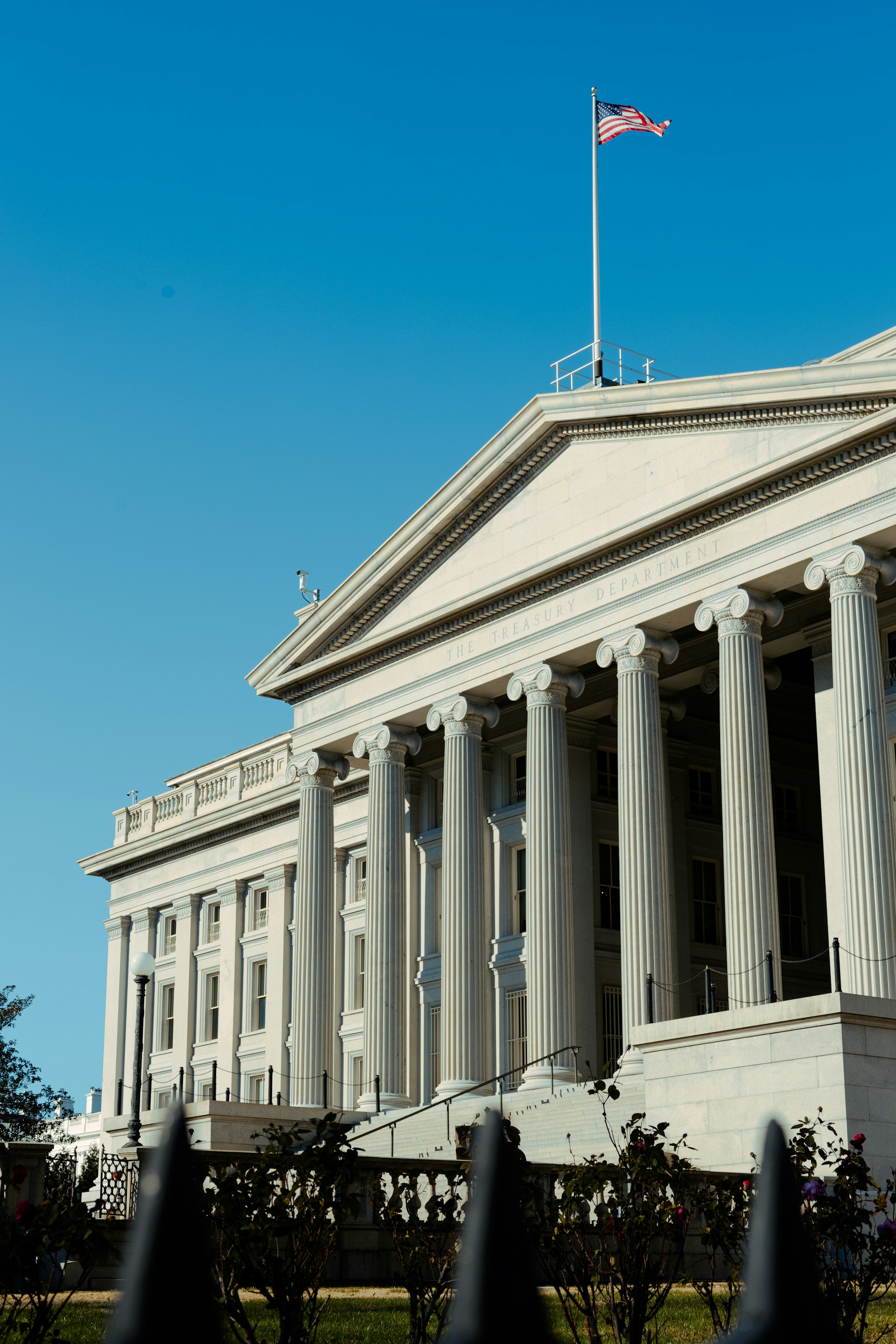
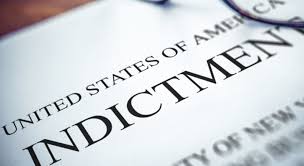







.jpg)










.jpeg)








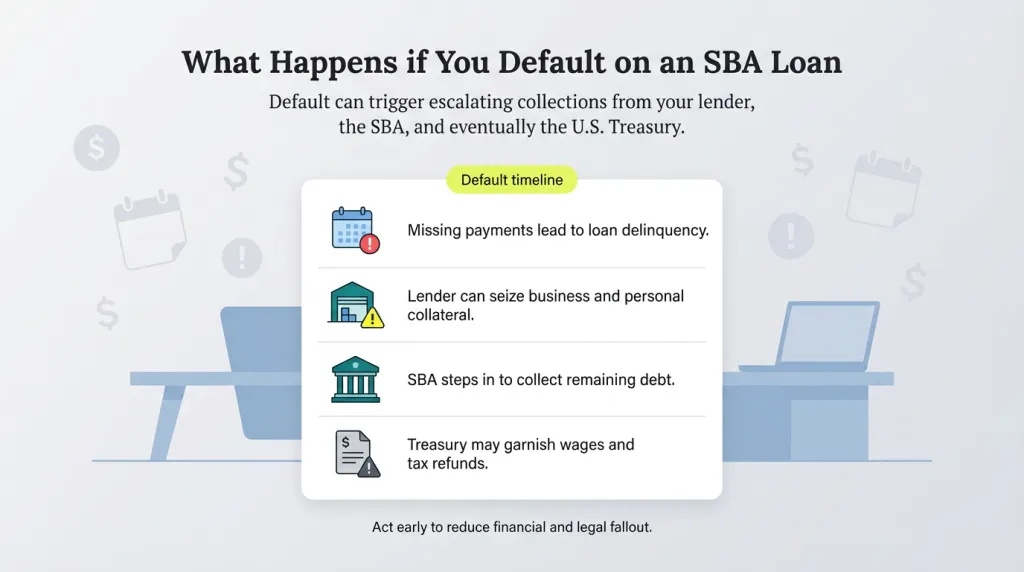
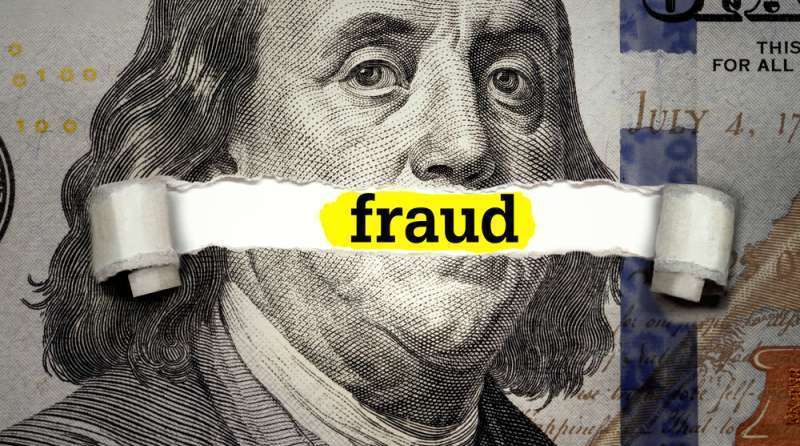
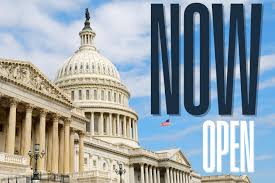




















.jpg)